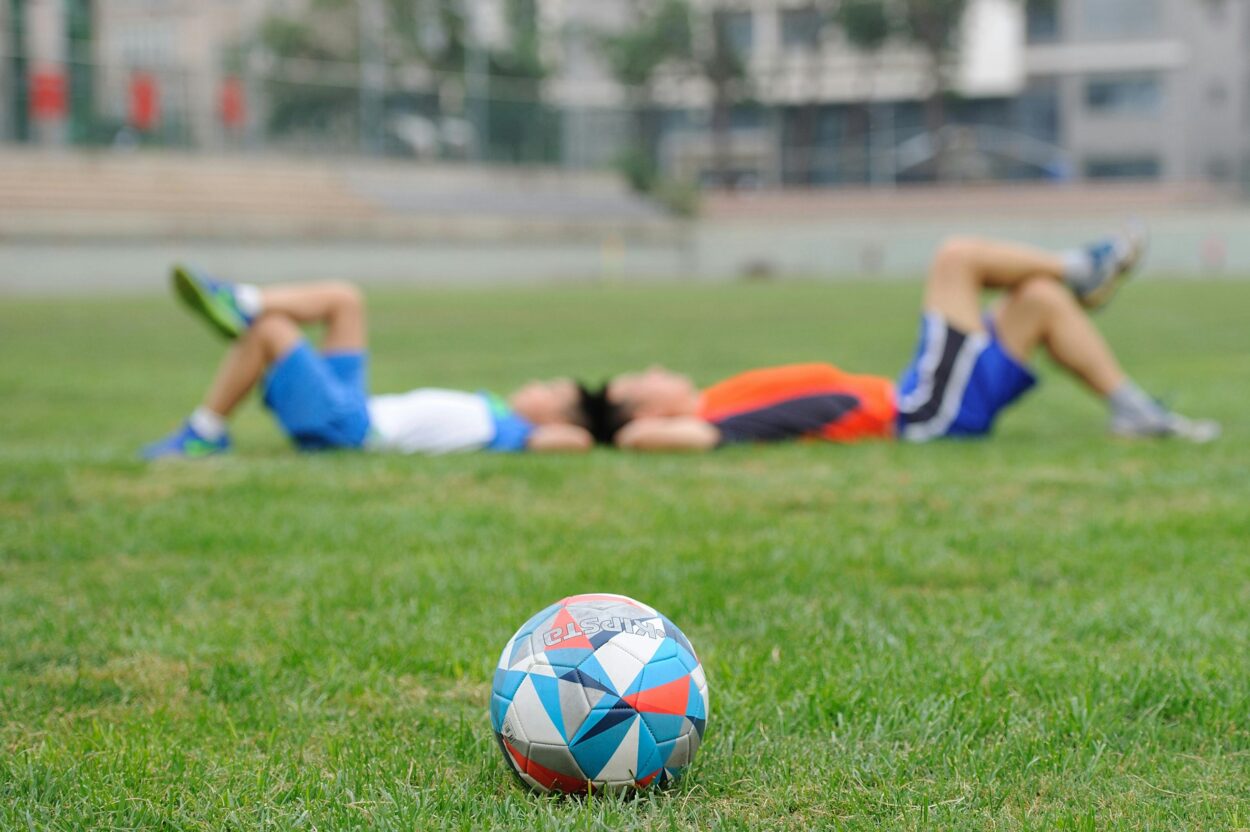Sport can be a powerful means of staying active and healthy. And yet, certain kinds of sport can heighten the risk of injury. Of these injuries, the most concerning are those that involve trauma to the head and brain.
Concussion is a phenomenon that’s fairly common in certain sports, like football, rugby, and cricket. It’s a form of injury to the brain that causes a loss of brain function. In many cases, however, the impact of a concussion can be felt long after the short-term symptoms have dissipated. This is especially likely when minor concussions are suffered again and again.
Long‑Term Symptoms: What Research Tells Us
A study involving more than 15,000 participants in the UK has recently shed light on the long-term impact of traumatic brain injuries. The authors of the paper, published by teams from the Universities of Oxford and Exeter, found that participants who reported more concussions were likelier to suffer worse cognitive function.
This echoes findings of comparable studies from the University of Stirling, which found that nearly half of all sports-related brain injuries are symptomatic more than half a year after they were first suffered.
Sub‑Concussive Impacts & Dementia Risk
As you might imagine, the more often the brain is injured, the worse the long-term consequences are. Recently, the evidence has demonstrated that repeated sub-concussive head impacts, like headers in football, can disrupt the flow of blood to the brain, and increase the risk of dementia. This has led the FA to ban headers among under-12s.
By taking a preventative approach, it’s possible to avoid much of the suffering that comes from practices that were once considered unremarkable.
New UK Protocols & Grassroots Guidance
Most concussions in sport do not lead to lasting brain damage. In some cases, the player in question might safely continue playing. However, it can be difficult for even qualified medical staff to tell the difference between a concussed player and a healthy one. For this reason, the first-ever Concussion Guidelines for Grassroots Sport, issued in 2023 and backed by the Chief Medical Officer, urged grassroots organisations to sit out players who are even suspected of having a concussion.
The principle of “if in doubt, sit them out” is easy to remember and is a vital step forward in the battle for safer sport.
Legal & Medical Support for Affected Athletes
If you’ve suffered a concussion, then you can improve your chances and reduce the long-term impact on your quality of life with the help of the right medical and legal support. Medical professionals might guide a patient through neurological rehabilitation, and assess their condition throughout the process.
A good solicitor specialising in brain injury claims, on the other hand, might be able to extract the compensation needed to access this treatment. When specialist support is essential, this can make a massive difference.






Leave a Comment